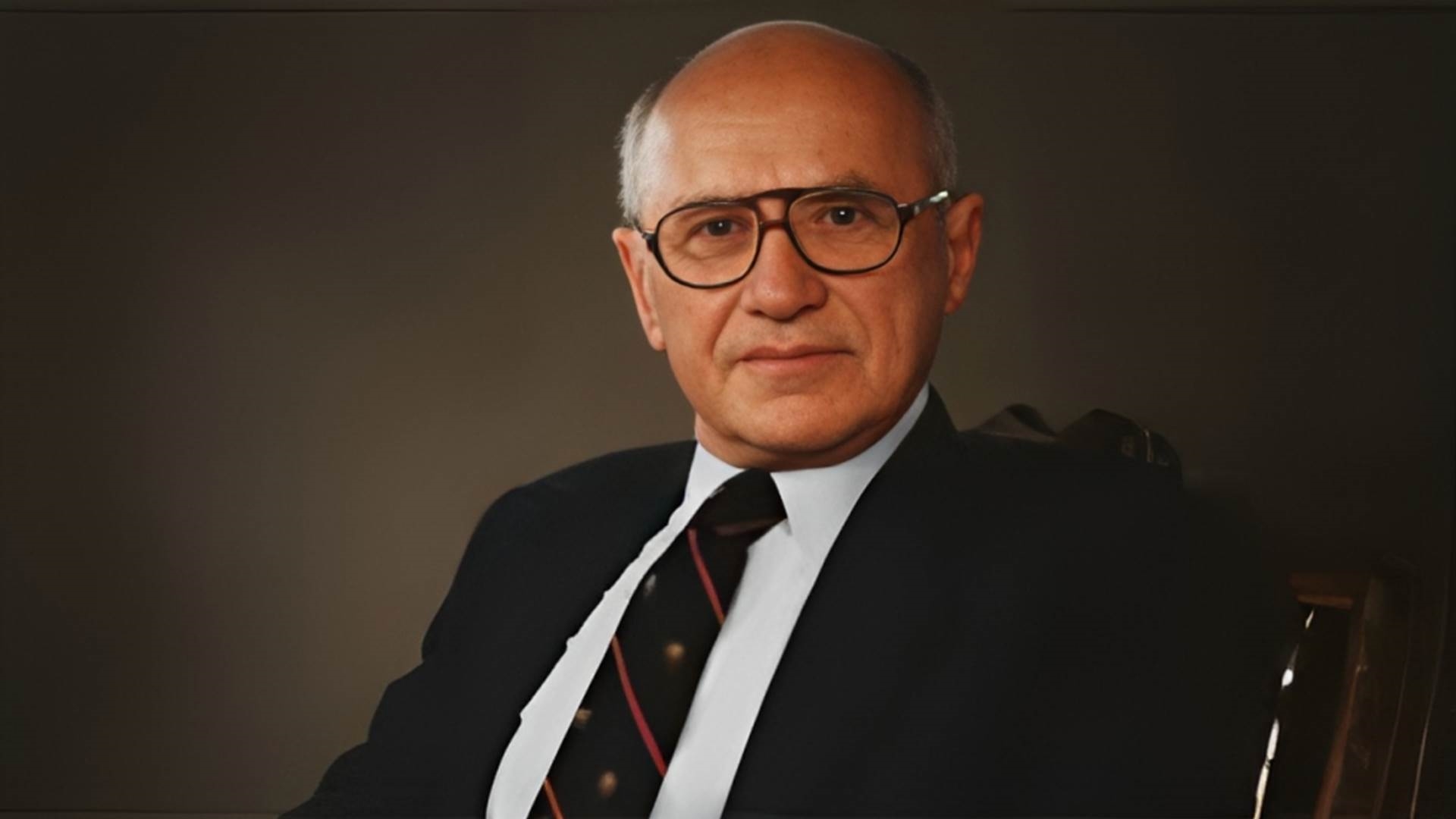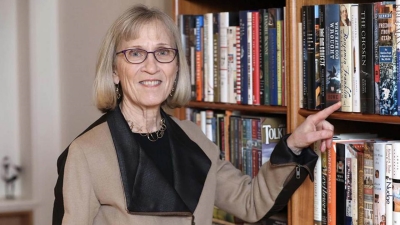Milton Friedman: Nobel Prize-Winning and Architect of Modern Economic Thought
Wegdan Mohammed

Milton Friedman is considered one of the prominent figures in the liberal school of economics. He was an influential critic, an American economist, and an academic who was awarded the Nobel Prize in Economics in 1976. Born on July 31, 1912, in New York City, Friedman grew up in a modest Jewish family that had immigrated to the United States from a Hungarian city now located in Ukraine.
He earned his bachelor’s degree from Rutgers University in 1932, studying mathematics and economics. Friedman continued his studies at the University of Chicago, obtaining a master’s degree in 1933 and a doctorate from Columbia University in New York in 1946.
Influenced by the liberal school of economics, Friedman’s intellectual direction was deeply shaped by his interactions with thinkers from the Chicago school. He also drew inspiration from the writings of American economist Irving Fisher in the field of monetary economics and his quantitative theory of money.
Friedman worked as an assistant professor at Columbia University, later returning to the University of Chicago as an assistant to economist Henry Schultz. He also served as an economic researcher at the National Resources Planning Board in Washington, D.C., from 1935 to 1937. Subsequently, he joined the renowned economist Simon Kuznets at the National Bureau of Economic Research in New York in 1937.
Throughout his career, Friedman held various academic and research positions, including working at the Treasury Department in 1942-1943 and later as a statistician at Columbia University in 1944-1945. He was appointed an assistant professor at the University of Chicago in 1946 and continued teaching there until his official retirement in 1977.
Friedman’s popularity grew globally as one of the most widely read authors in the economics field during the 1980s. His works on consumption theory, freedom of choice, capitalism, and economics became foundational in the discipline and remain essential references in universities.
Notably, Friedman advocated for free-market principles against state intervention in the economy. He influenced policies of former U.S. President Ronald Reagan and former British Prime Minister Margaret Thatcher. In 1976, Friedman was awarded the Nobel Prize in Economics for his contributions to consumption, monetary policy, and price liberalization.
Milton Friedman passed away in November 2006, leaving behind a valuable economic legacy that continues to shape our understanding of economic principles.













